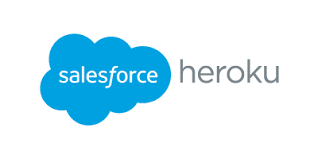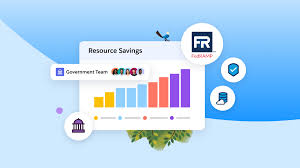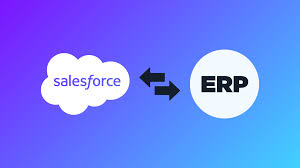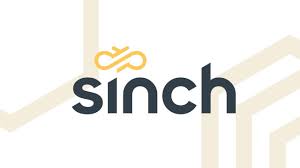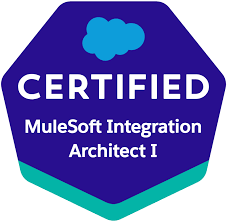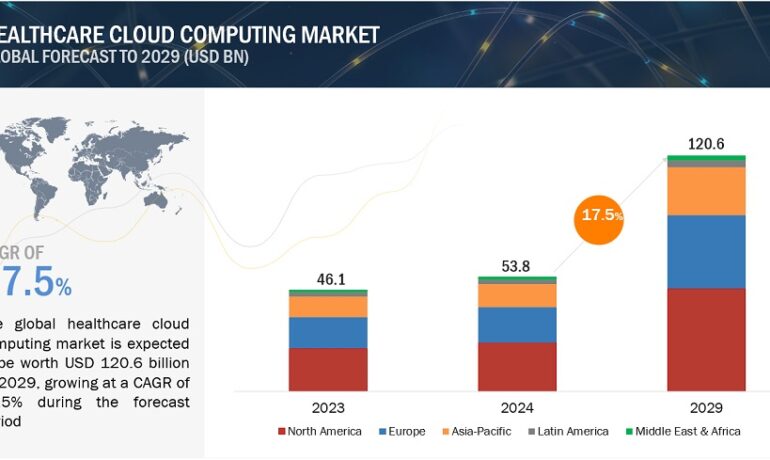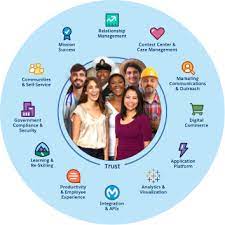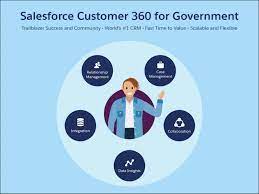Salesforce Development Services
Salesforce has become one of the leading platforms to change the business-to-customer relationships and experience. Salesforce development services don’t just offer Salesforce solutions and software implementation; they help you adopt a customized functionality that enriches delivery and profit. Salesforce, by definition, is a powerful platform that enables a business to adopt CRM-driven leads and expansion in the industry. At Tectonic, we believe that a decision to opt for Salesforce services is just the beginning of a battle to beat the competition. This is where Tectonic comes in with custom coding and the finest Salesforce development services; we help you figure out everything from configurations and complications to legacy data systems and more. We are made up of a team of Salesforce experts, development professionals, and years of experience in strategic consulting, planning, integration, implementation, deployment, and delivery of business-changing and success-driven services. Why choose Tectonic’s Salesforce Development services? Tectonic, with its years of expertise and experience in technical services and strategic consulting, has the most efficient and organized set of professionals to help your business understand and embed everything-Salesforce. Tectonic understands innovation and change can be overwhelming and sound too complex, and it is our business to handle that for you while delivering a profitable and growing system that expands your reach in the industry. And remains scalable over time. The industry has moved from traditional on-premises CRM to cloud-based CRM to address scalability, change management, and time-to-market needs of businesses. For companies looking for SaaS offerings on the cloud, Salesforce is an undisputed leader. Also, companies looking to build customized business applications can capitalize on Force.com as a platform as a service (PaaS). Implement innovative Salesforce solutions that streamline your operations, boost your productivity, and drive sustainable growth. Work with our team of certified Salesforce developers who bring extensive experience and in-depth knowledge to every project. At Tectonic we focus on industries where we have expertise to help you get the most impactful Salesforce development. Get customized Salesforce development services from Tectonic designed to meet your unique business needs, ensuring seamless integration and enhanced functionality. Build and deploy scalable Salesforce platforms that adapt as your business grows and evolves, keeping you ahead of the competition. Collaborate with Tectonic to unlock the full potential of Salesforce, where development is turning challenges into opportunities for success. Like1 Related Posts Salesforce OEM AppExchange Expanding its reach beyond CRM, Salesforce.com has launched a new service called AppExchange OEM Edition, aimed at non-CRM service providers. Read more The Salesforce Story In Marc Benioff’s own words How did salesforce.com grow from a start up in a rented apartment into the world’s Read more Salesforce Jigsaw Salesforce.com, a prominent figure in cloud computing, has finalized a deal to acquire Jigsaw, a wiki-style business contact database, for Read more Service Cloud with AI-Driven Intelligence Salesforce Enhances Service Cloud with AI-Driven Intelligence Engine Data science and analytics are rapidly becoming standard features in enterprise applications, Read more




